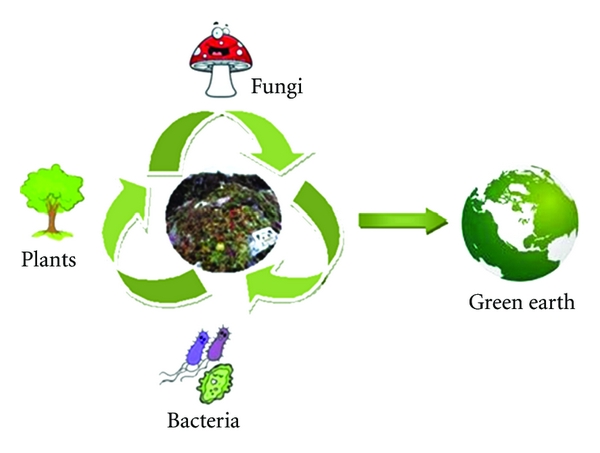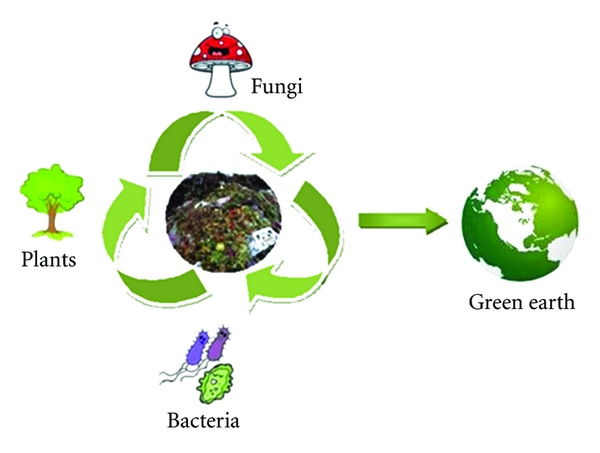What is bioremediation?
1 Answer
Bioremediation is a waste management technique that involves use of living organisms to remove or neutralise pollutants from a contaminated site.
Explanation:
It is a treatment that uses naturally occurring organisms or their parts to break down hazardous substances like pesticides, etc. into less toxic or non toxic substances.
Bone char has been shown to remediate small amounts of cadmium, copper, and zinc. Fish bones have some success , absorbing lead from contaminated soil.
Bioremediation may occur on its own or may only effectively occur through the addition of fertilisers, oxygen, etc. This helps in enhancing the growth of the pollutant eating microbes within the medium. Micro-organisms used to preform bioremediation are known as bioremediators. These are best in cleaning oceanic oil spills.
Phytoremediation by using plants or mycoremediation using fungi are also common. Mustard, hemp, etc can accumulate lead from contaminated soil while sunflower can remove arsenic, caesium and strontium. Mushrooms also help in digesting organic wastes.

( )
)

